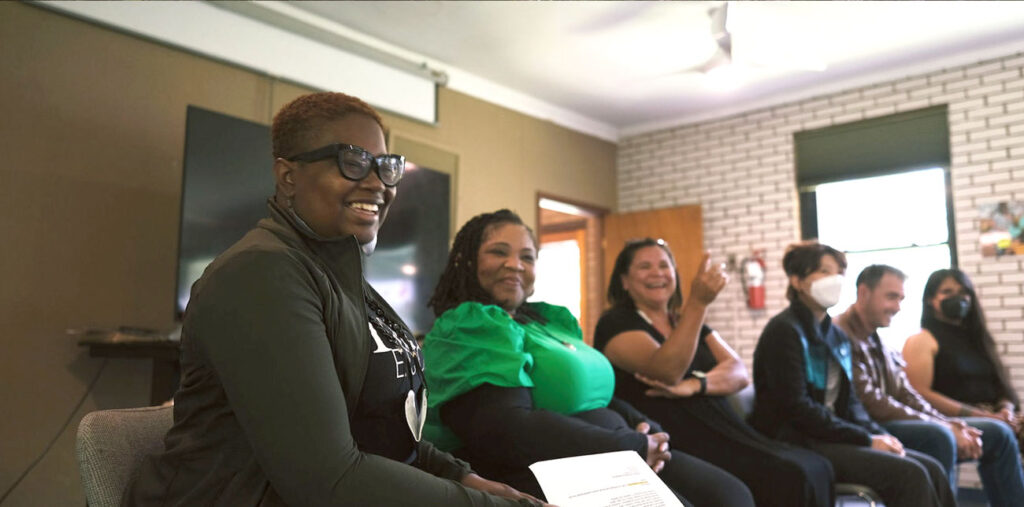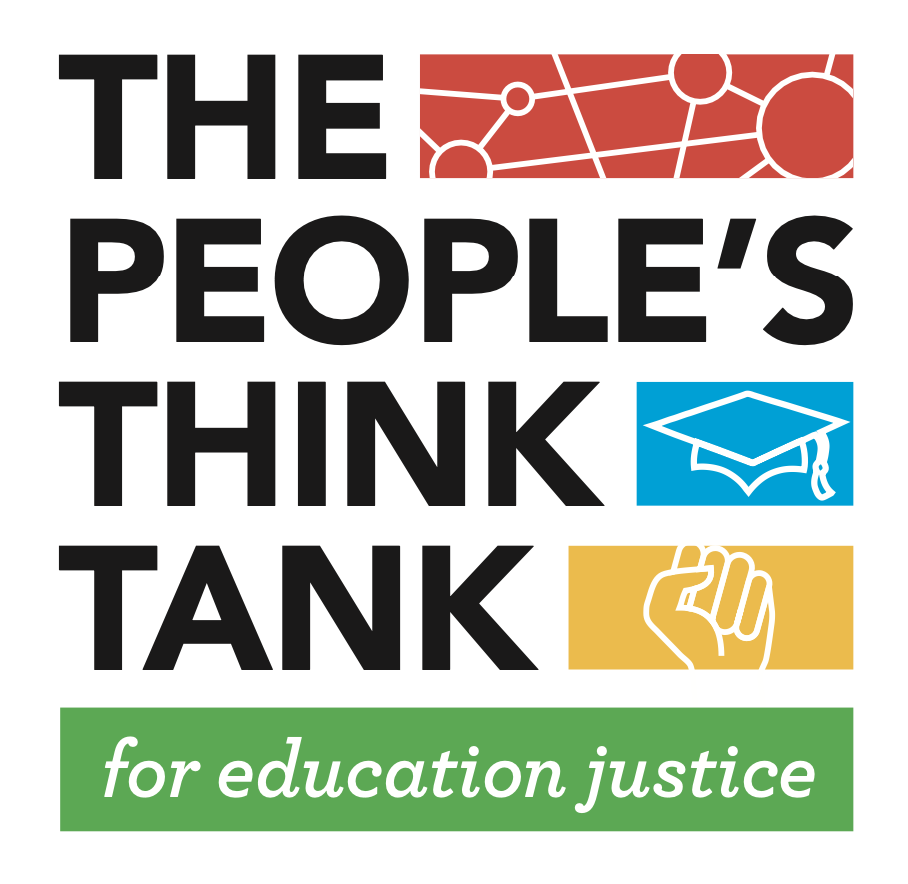We report the findings from a participatory action research project, conducted by a research team consisting of 3 community organizers and 4 activist scholars who are leaders of the grassroots think tank network described above. In this study we combine qualitative interviews of organizers with a self-study of our own network’s efforts to build solidarity with and among these organizers (Fine, 2018; Warren, 2018; Watson, 2019).
Our research team represents racial, gender, and other forms of intersectional identities. We interrogate how our social locations/identities, political values, and experiences influence and shape this study—individually and collectively—and how we build on the strengths and attempt to counter the biases that we may bring (Collins, 2000; Milner, 2007).

We purposefully select 30 community organizers who come from diverse communities (e.g., Black, Latinx, Indigenous, Asian-American, queer/trans/Two-Spirit, and disability justice communities) and focus on diverse issues connected to educational justice (e.g., school discipline, policing, community schools, equity funding, culturally relevant curricula, gender justice, immigration, and Indigenous self-determination). In semi-structured interviews, we ask participants to describe their understandings of and experiences with intersectional organizing, the processes that promote solidarity, and obstacles to solidarity-building.
We are developing and using innovative methods for participatory data analysis at many levels—across the scholars and organizers within our research team, with our larger think tank network, and with the organizers we interview (Brydon-Miller, 2001; Fine, 2018). For example, members of the research team highlight and discuss transcript sections that resonate with them, informing the subsequent coding and thematic analysis (Saldana, 2015).
We hold an in-person retreat of our grassroots think tank to which we invite the organizers to engage in conservation, build relationships, and work towards solidarity. We use a variety of participatory methods at the retreat to engage people with the research findings, including gallery walks, small group discussions, and panel presentations. We develop themes from the study by combining, comparing, and integrating findings from the interviews with analysis and reflections on our retreats and other solidarity-building processes.
We call our approach a “Methodology of Praxis,” signaling how we co-create research on intersectional organizing even as we seek to embody it. We are making our think tank network a hub of intersectional organizing as we “learn by doing” in real time, engage our findings with the educational justice movement, and pursue solidarity-building strategies to deepen and widen the intersections of transformative justice. Our intentional approach to process, data collection, analysis, reflection, and relationships are all aligned to the principles and actions of intersectional organizing as we learn about it.
